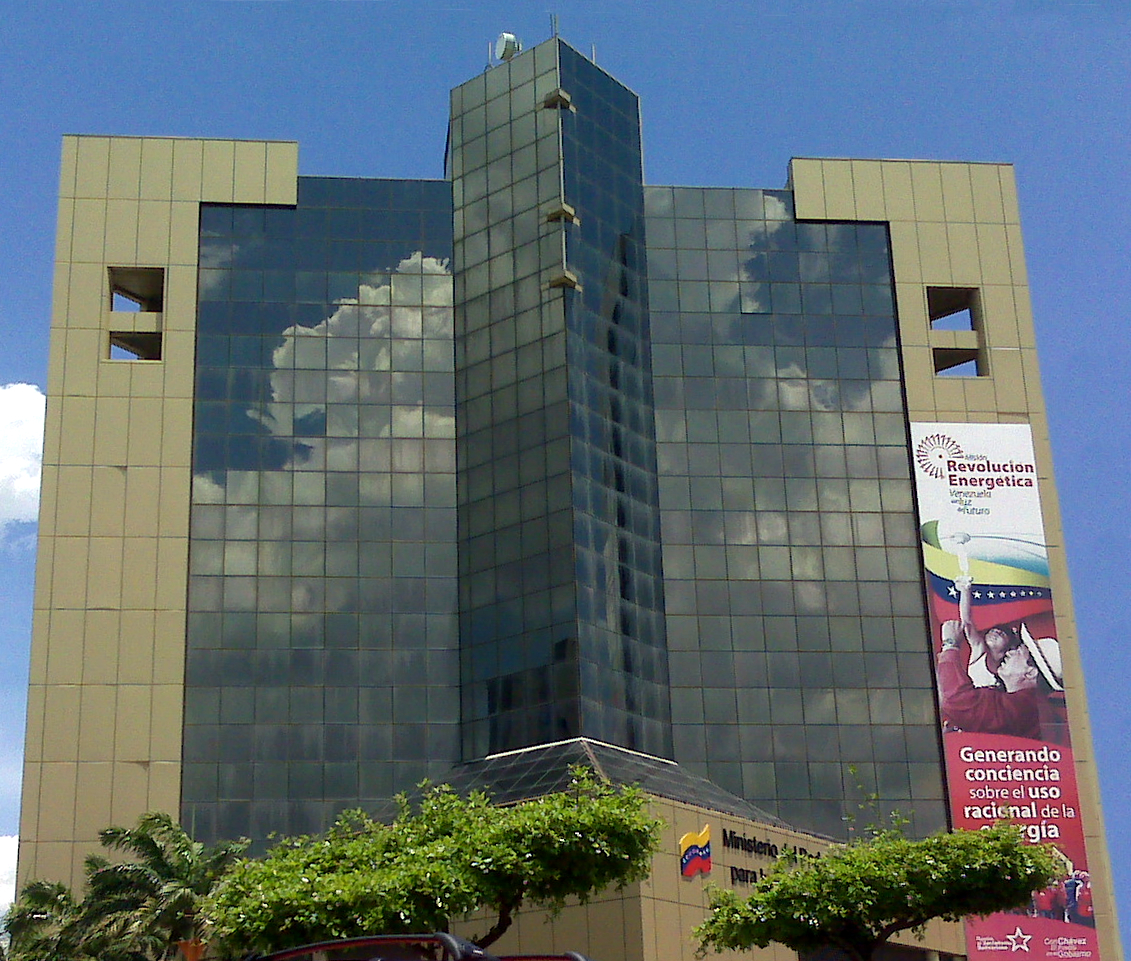RIO DE JANEIRO, BRAZIL – The state-owned Petróleos de Venezuela (PDVSA) assumed control of a joint venture in the very rich Orinoco Belt after negotiating the purchase of a third of the total shares from France’s Total and Norway’s Equinor, the parties informed Thursday.
“The Corporación Venezolana de Petróleo (CVP), a subsidiary of Petróleos de Venezuela, S.A. (PDVSA), assumes 100% participation in the company Petrocedeño, after a highly successful negotiation process with the companies TotalEnergies and Equinor,” announced the Venezuelan Ministry of Petroleum in a communiqué, dated Wednesday and published Thursday.
There are no further details of the transaction, beyond the fact that it was “for a symbolic amount in exchange for a broad compensation related to the past and future participation,” as indicated by TotalEnergies, which had minority participation of 30.32% together with Equinor, previously called Statoil Hydro, owner of 9.67% of the company.
This resulted from the “recognition” of what Total called “an exceptional capital loss” of US$1.38 billion in its financial statements at the firm.

Equinor, for its part, reported that the transaction “was completed”, without providing further information on its website.
Located in Anzoátegui in the northeast of Venezuela, Petrocedeño operates in an area that integrates the rich Orinoco Belt, an area of 55,314 km2 that holds 220 billion barrels of heavy and extra-heavy crude oil, the largest crude oil reserve in the world.
PDVSA began a “process of reactivation of the oil activity” in that area, according to the Oil Ministry communiqué. “This important complex will be the central axis of this important oil basin development,” it said.
The purchase of Petrocedeño comes when the government of Nicolás Maduro seeks to increase crude oil production, which has collapsed in the midst of a harsh economic crisis and a battery of international sanctions, including an oil embargo by the United States.
Venezuela fell from 3.2 million barrels per day 13 years ago to just over 600,000, primary sources reported to the Organization of Petroleum Exporting Countries (OPEC) in June.
Maduro promised to bring production to 1.5 million per day this year, but specialists are skeptical.

